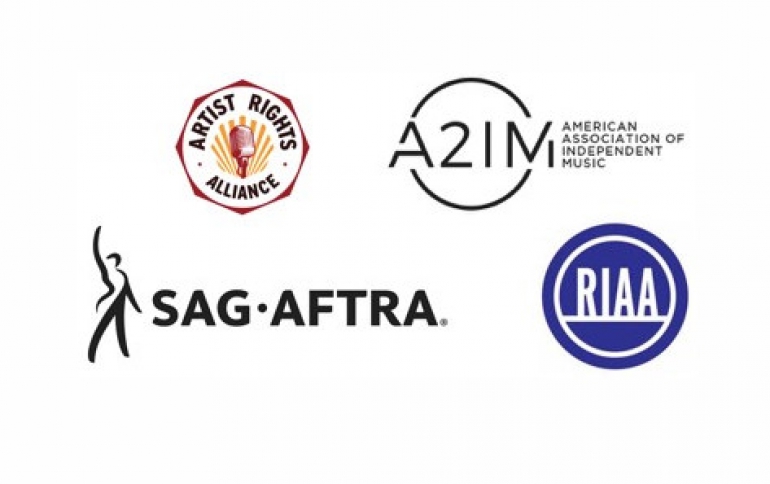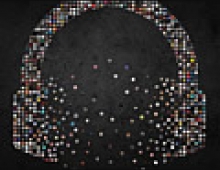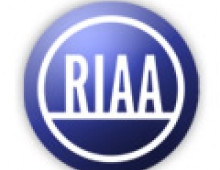
Music Community Calls For Building A Better Digital Attribution And Credits System
Today, the Artist Rights Alliance, SAG-AFTRA, RIAA, and A2IM announced a new collaboration in support of building a “more robust and effective system of digital attribution and credits.”
The music community – including organizations representing both artists and labels – have come together to agree on the importance of attribution for everyone who makes or enjoys music and to look ahead to creating a state of the art credits system for the digital age. The four major music advocacy organizations released the following statement:
“Attribution recognizes artistic achievement, helps creators connect, collaborate, and appreciate each other’s work, opens up new pathways for fans to trace artistic influences and find new music, and aids accuracy in the digital royalty economy.
“As music has shifted online, systems of attribution have become less robust and consistent. Where once cover art and liner notes often reflected who contributed to each specific musical recording, including producers, songwriters, and side players, attribution today is often less extensive, sometimes identifying only the featured artist or band and the track and album name.
“Credits are a creator’s resume. Knowing what music an artist or songwriter has made or contributed to can help them find more fans and build and sustain their careers over time. Credits are also a learning tool and ‘map’ to the music ecosystem for fans, creating a more educated music audience to the benefit of the music business as a whole.
“Digital music services are evolving and many are adding new information for fans, including lyrics and – in some cases – credits. The proliferation of new screens and listening methods from portable devices to vehicle consoles to home assistants creates new opportunities and options for greater availability of attribution, credits, and expanded liner notes for the digital age. A multi-media environment should offer new and creative ways to provide this information and context, not limit and shrink it."




















